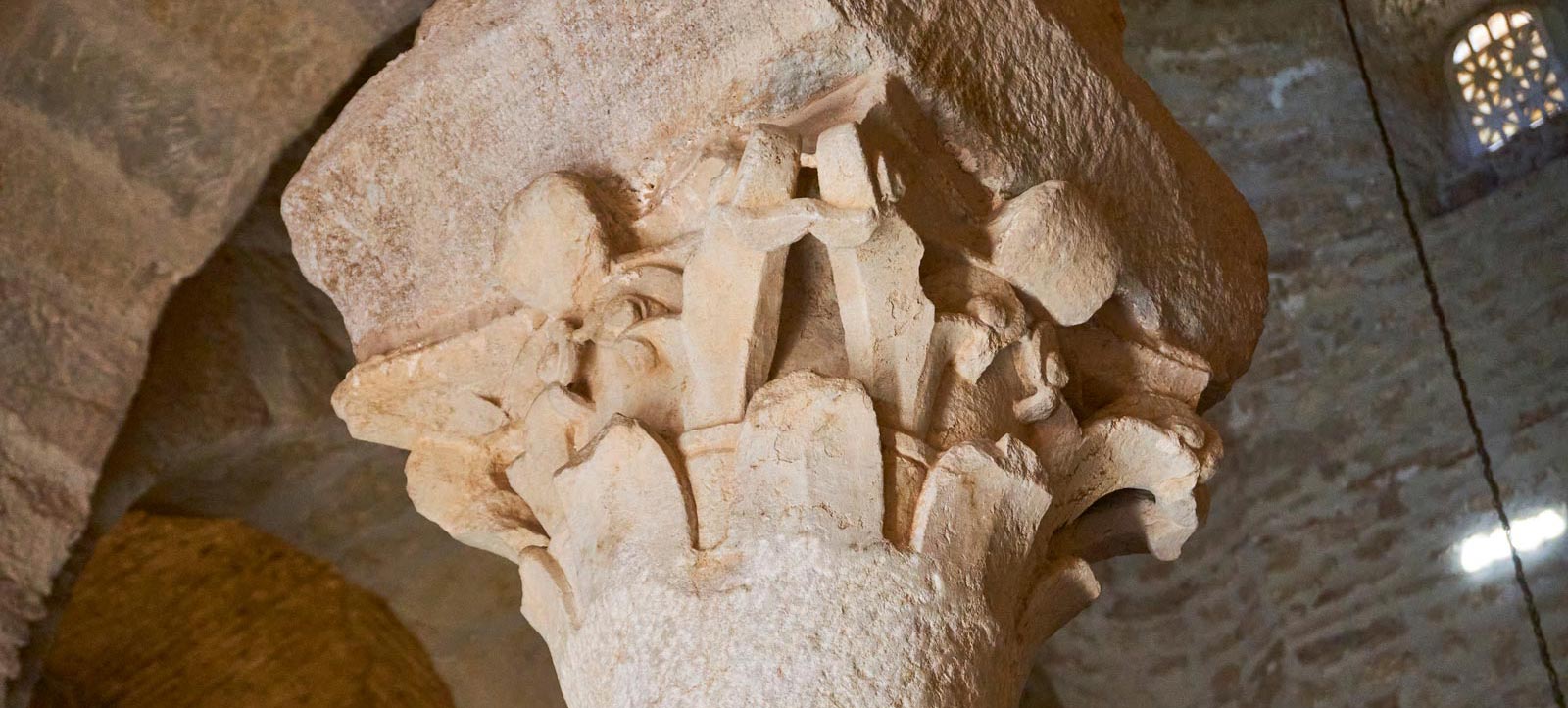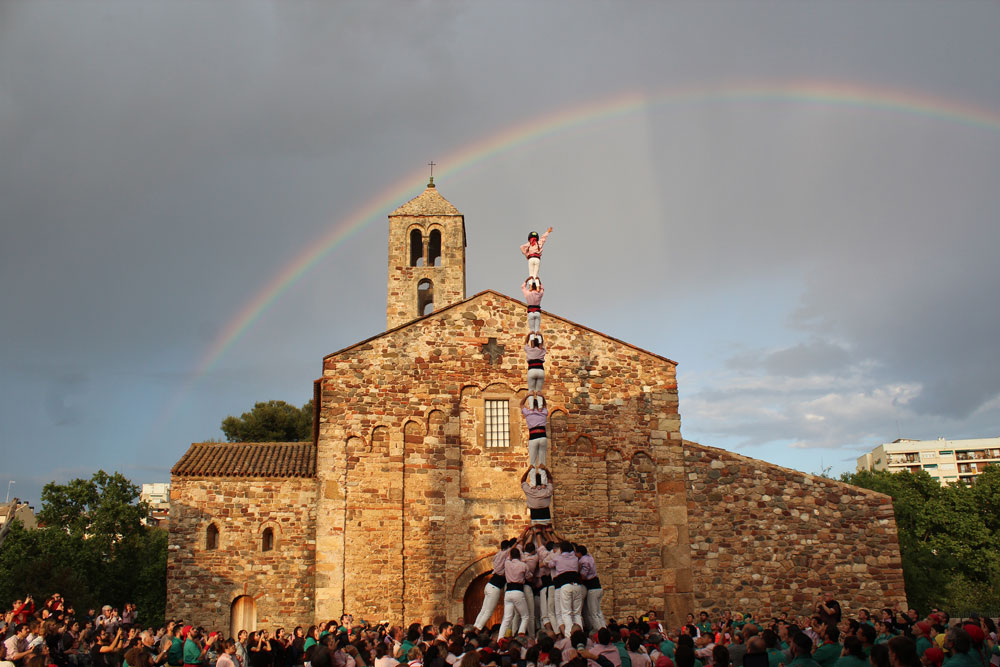

UNESCO World Heritage Centre
Tentative List

The candidacy will then once again need to be evaluated and approved by the Historical Heritage Council for the process to continue. Definitive registration will require a resolution passed at the yearly meetings held by the UNESCO World Heritage Committee, in addition to a favourable report by any of the independent consultative bodies established by the World Heritage Convention (ICOMOS - UICN - ICCROM) with regard to cultural heritage, natural heritage, and the preservation and restoration of cultural property, respectively.
UNESCO (the United Nations Educational, Scientific and Cultural Organization) was founded in 1945 with the aim of "contributing to the consolidation of peace, the eradication of poverty, sustainable development and cross-cultural dialogue through education, science, culture, communication and information".
As a result of concern for the preservation of heritage, on 16 November 1972 a Convention was held in Paris 'concerning the protection of the world cultural and natural heritage', during the 17th UNESCO General Conference. The 1972 Convention is the founding document of the World Heritage system, through which the States take on responsibility for identifying and nominating sites for inclusion on a list of monuments and sites of Outstanding Universal Value (OUV), known as the World Heritage List.
Properties may be entered on the World Heritage List as:
Spain has 49 properties entered on the World Heritage List. This makes it the third-ranked state by number of World Heritage sites, behind only Italy and China.